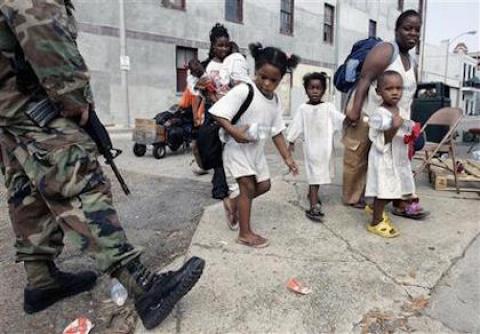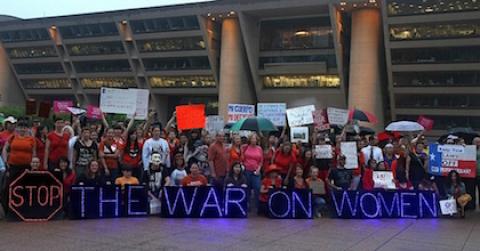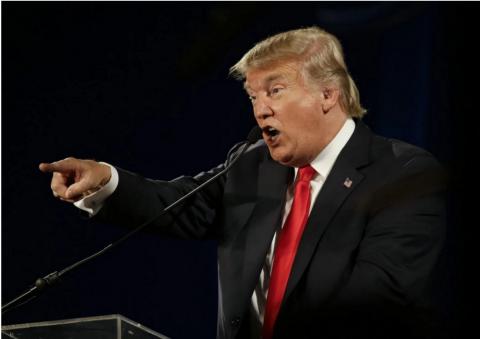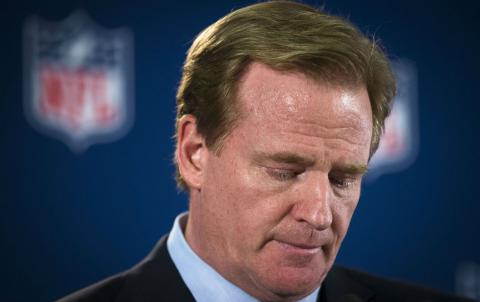Ten Years Later: Katrina, Militarization and Climate Change
OpenDemocracy

Two years after Katrina, in 2007, the Pentagon released its first major report on climate change, warning of an “age of consequences” in which “altruism and generosity would likely be blunted.” An EU security report followed which said climate change “threatens to overburden states and regions which are already fragile and conflict prone.” And soon, the national security strategies of the global north would be rewritten to offer the same dystopian vision.










Spread the word